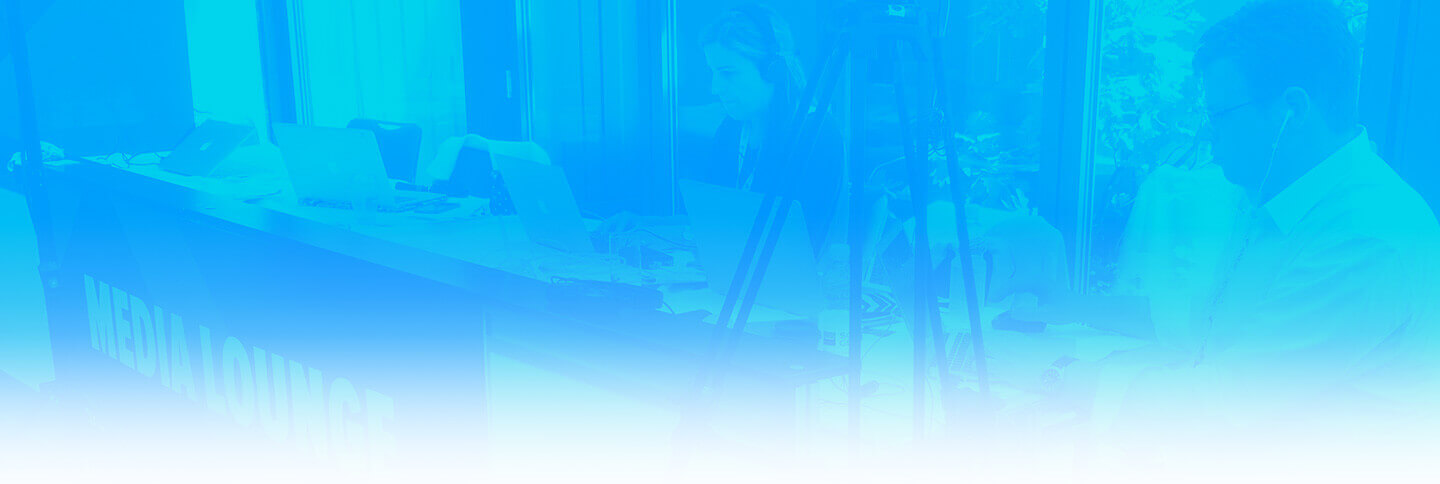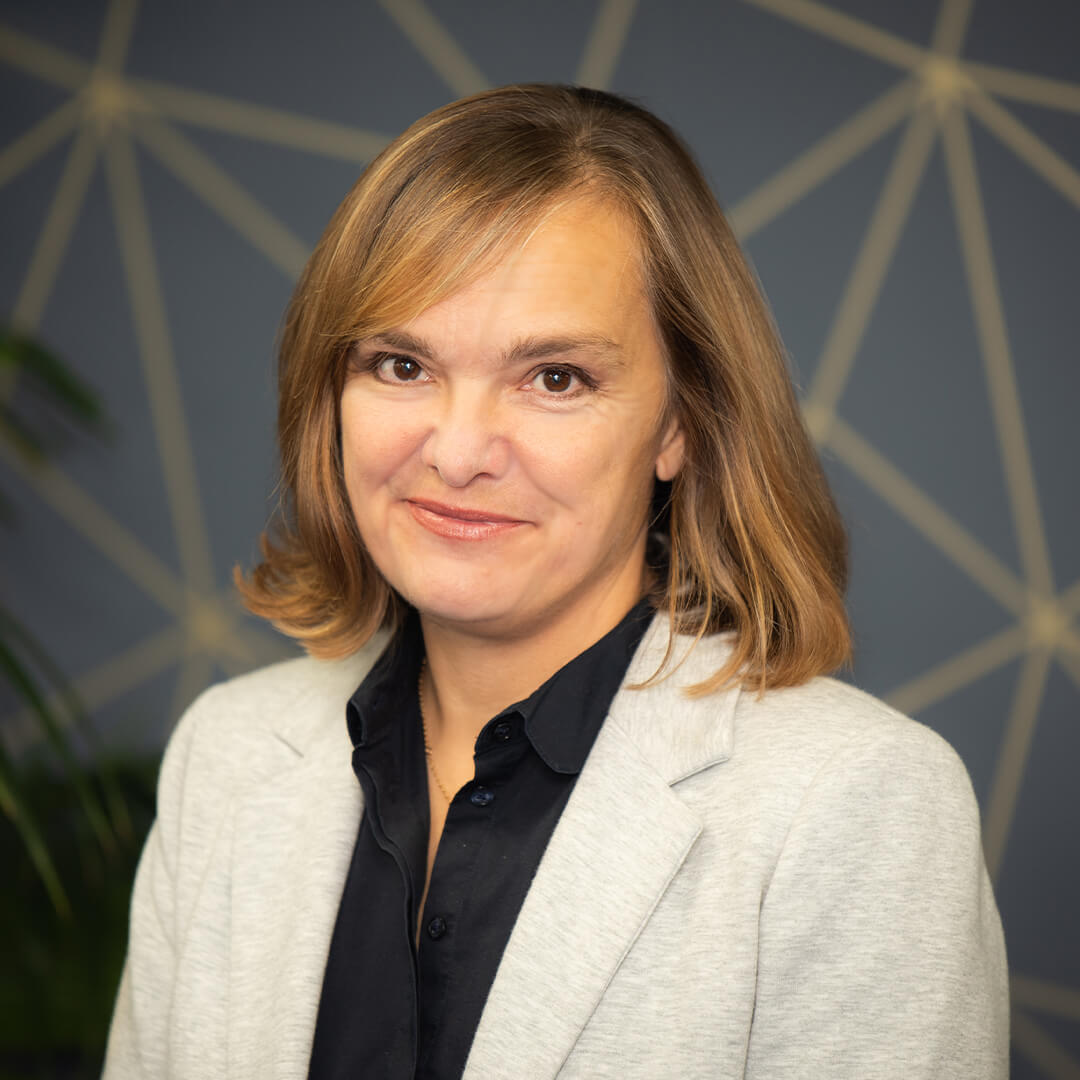Davos 2022: Sustainability and global risks top the comms agenda
This was a Davos like no other. With the World Economic Forum’s Annual Meeting moved from January to May, the usual snow fields had given way to lush meadows. This time the chill winds were supplied by Russia’s invasion of Ukraine, concerns over faltering global supply chains and the growing challenge of mitigating climate change.
More than 2,500 attendees headed into the Swiss mountains just six months after the COP26 climate summit. In the Davos conference halls there was concerted energy around sustainability, with strong messaging on turning commitments into action.
Sustainability with authenticity
The sustainability pledges came thick and fast, with Davos seemingly creating its own momentum. Perhaps the most startling statistic of the week came at a press conference for the First Movers Coalition (FMC). It was standing room only to hear the news that 50% of global GDP has now committed to the FMC’s efforts to decarbonize heavy industry and long-distance transport.
Bill Gates and the US President’s Climate Envoy John Kerry were both on the panel and provided the caution behind the big numbers. Gates called the announcement “a great milestone in a long and difficult journey”. All week Kerry has warned leaders that business is not doing enough, and what it is doing isn’t happening fast enough. Commitments are one thing, he said, but they have to be turned into action to have any meaningful impact.

A large number of CEOs wanted to get out the message that they are transforming their operations in line with their commitments. On the final day of the conference, the CEO of SAP warned that a lack of authenticity, transparency and action on sustainability poses a grave reputational risk. More from Christian Klein in the video below.
Communicating effectively on sustainability requires subtlety and nuance to find the links between the stories you want to tell and the touchpoints that will pique the interest of the audiences you want to reach. It was evident that a lot of hard work had gone into this in Davos, but companies will need to keep up the momentum as the sustainability imperative grows stronger. Here’s a deeper dive into how you can tell effective and authentic sustainability stories.
Finding solutions to global risks
As delegates arrived for this long-delayed Davos, the optimism generated by getting back to meeting in person was edged with a deep sense of worry about the war in Ukraine and other crises in the global economy.
One major concern is that Russia’s invasion of its neighbour could trigger a global food crisis. The head of the World Food Programme, David Beasley, told a panel that Ukraine grows enough food to feed 400 million people around the world. “The breadbasket of the world now has the longest bread lines in the world,” he said before adding, “because of this crisis we’re now taking from the hungry to give to the starving.” Beasley summed up the threat, saying the world is facing the worst humanitarian crisis since the Second World War. You can watch the whole session here.
The remit of the World Economic Forum is to find solutions to the world’s most difficult problems. Jane Fraser, Citi CEO, argued for globalisation as a solution to food shortages, saying more open markets and resilient supply chains can solve one of our greatest challenges.
In a separate panel, Theo De Jager, President of the World Farmers’ Organisation, called for emergency food export corridors out of Ukraine and a sanctions exemption to allow Russian farmers to export their crops.
Messaging and the metaverse
On the final day of Davos, I stepped off the promenade and into the virtual world of the metaverse – or at least a sneak peek of what it may become in a future of interconnected virtual spaces that we’ll inhabit in the form of digital avatars.
While the visuals are still a work in progress, my meeting with virtual colleagues (including Marc Benioff, CEO of Salesforce) really showed the metaverse has potential for collaboration and live events. If the metaverse emerges as envisioned by Mark Zuckerberg, it will be a powerful medium for creating content to build brand awareness and customer loyalty.
But before we get there we’ll have to build it – and tech leaders in Davos were keen to communicate that ethics must come first. Microsoft President Brad Smith stressed the importance of building safety and equality into the metaverse: “As an industry it is incumbent upon all of us to ensure this new paradigm is developed in a way that is accessible for everyone, puts the needs of people first, enhances human connection and is developed securely with trust built in by design.”
A new leadership style
Brad Smith’s approach to building the metaverse epitomises a new style of leadership that’s emerging as the world of work changes and business is charged with greater social and environmental responsibility.
On the opening day of Davos, the latest Edelman Trust Barometer survey revealed a growing expectation for business to lead on societal issues as trust in government declines. The report also revealed that 60% of employees will choose where they work based on their beliefs and values – and they want employers to match and take action on those beliefs.

Setting the business culture is a key c-suite role. Leaders must live that culture and, crucially, communicate it effectively to their workforce and potential employees. Speaking to CNBC in Davos, Bob Moritz, Global Chair of PwC cited new research from his company that found people want meaningful work with more choice, more purpose and more tech to allow them to do what they want. They also want new skills and a culture where they can talk ‘safely’ on wider issues such as geopolitics.
The post-Davos forecast
Leaving Davos in the warm summer sunshine is a new experience. When we return next January, it’ll be back to snow boots and ski jackets. Between now and then, the world will have to work hard to end the fighting in Ukraine and prevent a looming global food crisis from spilling over into civil unrest.
But there’s always an upbeat optimism at the end of the Forum’s Annual Meeting. All the delegates are leaving with renewed energy to channel into driving forward on sustainability – and being the leaders the world needs to solve its most pressing problems.
And on a personal note, thanks to Adrian Monck for inviting the team on site to work alongside the Forum’s digital team in Davos…and huge congratulations to Joe, Seb, Chinmay, Briony, Hannah, Kate and Simon and the rest of the Formative team involved in pushing out this week’s content for clients.
Gay Flashman is the CEO and founder of Formative Content, and the author of ‘Powerful B2B Content – Using Brand Journalism to Create Compelling and Authentic Storytelling’. Connect with her on LinkedIn here.

Related Articles

AI won’t destroy SEO – but it will massively change the game
“The reports of my death are greatly exaggerated,” Mark Twain is said to have told a newspaper reporter.

Where creativity and technology meet: a designer’s view on artificial intelligence
My favourite things usually exist where creativity and cutting edge technology meet.

What does the launch of Twitter-alternative Threads mean for B2B marketers?
Threads, a Meta-owned alternative to Twitter, is set to launch on Thursday.

Protecting your brand in the age of generative AI
Imagine a deep fake video supposedly of your CEO making a market-moving statement going viral on the web.



